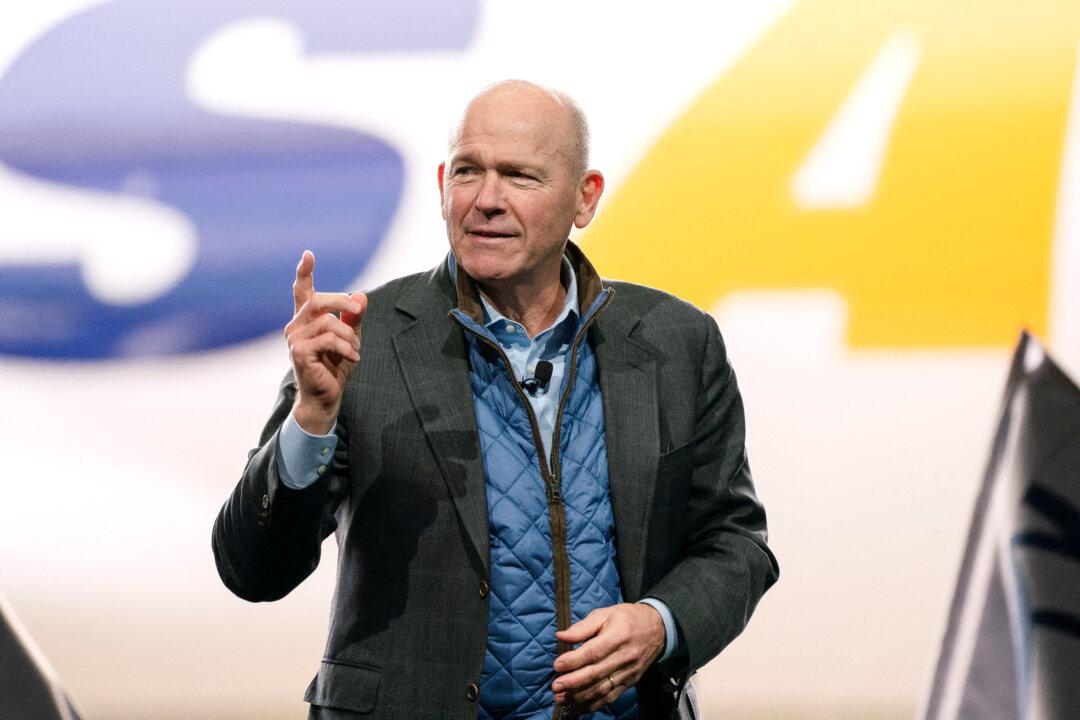More U.S. CEOs exited their companies in 2024 than in any year in more than two decades, with economic and technological factors contributing to the trend, according to a recent report from global outplacement company Challenger, Gray & Christmas, Inc.
Last year, 2,221 CEOs quit their jobs, according to the company’s Jan. 30 report. The number is 16 percent higher than the previous record, which was set in 2023 with 1,914 CEO exits. The company began tracking CEO changes in 2002.





